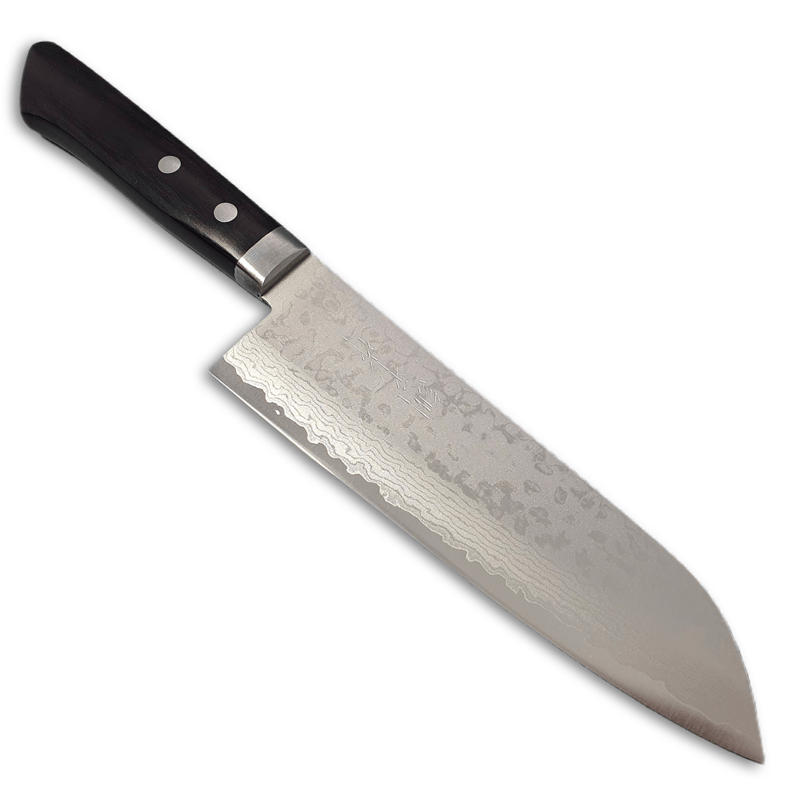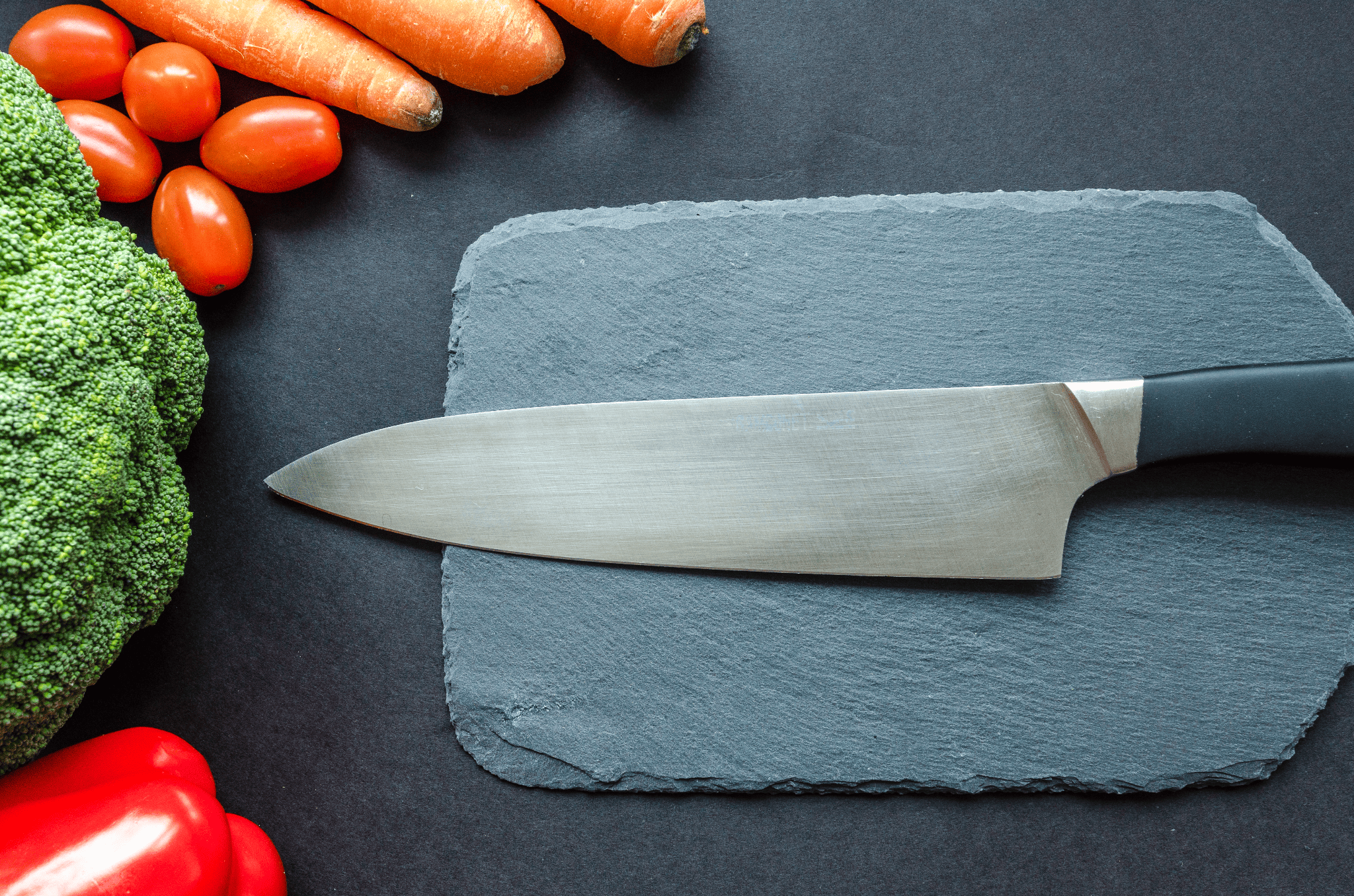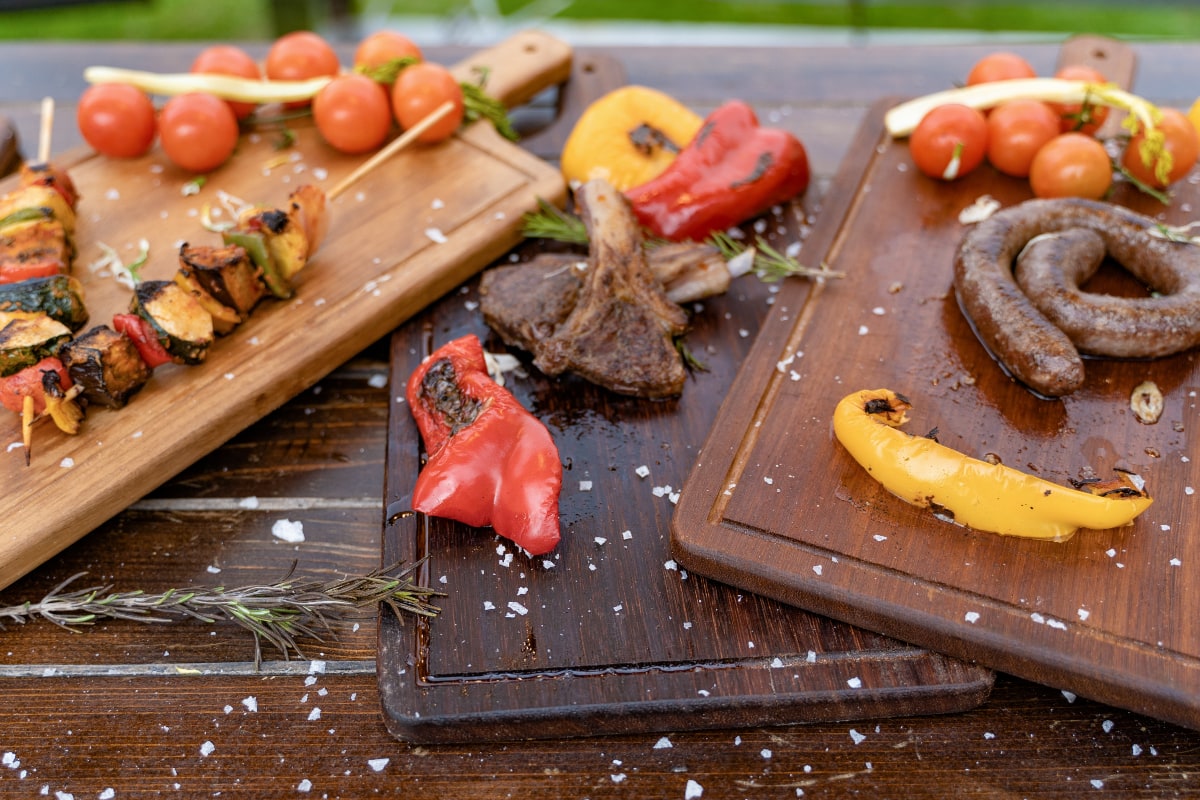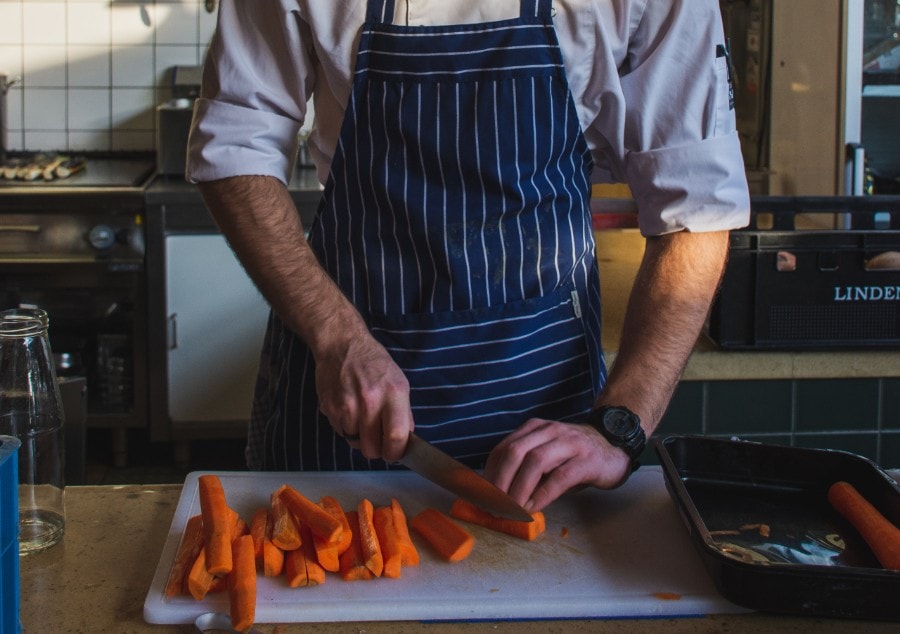If you are in the market for a blade, whether for cutting, throwing, or other activities, chances are you will come across Damascus throwing knives. This kind of knife has received much appreciation over the centuries, and its popularity does not seem to be waning soon.
What are Throwing Knives?
A throwing knife is any knife that you can throw as a weapon. Its classification is either a traditional knife or a projectile.
Knives are not just for throwing, but if you want to be a real ninja, then we recommend getting some good-quality ones that will stick into whatever they’re thrown at.
Is It Illegal To Own A Throwing Knife?
It is acceptable to carry throwing knives in plain sight. If your weapon exceeds 2 or 3 inches / 5 cm to 8 cm, then it may however be considered as a concealed knife and it cannot have the blade extended more than 10 degrees from its neutral position; however, if you are using smaller sized knives that fit nicely into one hand, concealing them would not pose too much of a problem.
Notably, there are some areas where carrying knives, in general, are not allowed. If you want to throw them, then it would be best to check the laws and regulations of your city, state, or country.
What Are Damascus Throwing Knives?
Since it is illegal to produce weapons in some areas, people may be aiming to get their hands on Damascus Kunai. This knife derives its name from its birthplace, said to be found in Japan. It has a single edge blade with several holes drilled through the middle so that you can grip it more securely. It is built of 440C stainless steel, which allows for easy maintenance.
The edge is 3 inches long, while the entire knife measures 10 inches. It has a copper alloy handle with ridges to enhance your grip and prevent slippage.
What is Damascus Steel
Damascus steel is a particular type of metal that has been renowned for its beauty and durability. However, it’s also worth considering how hard this precious material will remain, even when put through challenging circumstances like combat!
Weapons crafted from Damascus steels tend to be more superior than their counterparts made out of iron as they maintain an edge well while being flexible. Which allows them to tear into foes with greater ease- not to mention these swords shine brightly under candlelight or even sunlight without losing any radiance at all, something most other substances cannot do.
Types of Damascus Throwing knives
Damascus knives have a long and recorded history, with different blades available on the market. We’ll look at the most common types of Damascus throwing knives and discuss what makes them unique. Whether you’re a collector or a fanatic, this information will help you choose the best knife for your needs. Stay safe and happy throwing!
Cast Damascus Steel – Damascus steel combines two or more metals, each with metallurgical characteristics. It starts as a bar of metal and undergoes superplastic forming, where it’s forged together to create a mass that can be high in either carbon or stainless steel.
When heated up, the inside flows into the outside layer due to diffusion bonding. Cooling then creates a steel gradient, with each layer having its specific properties and characteristics.
Titanium Damascus Steel – Titanium Damascus steel knives produce incredible blades because titanium has the highest strength to weight ratio of all metals. In addition, it can hold an edge for longer than other materials, attributed to titanium’s ability to oppose fatigue.
Of course, this material has the same properties as regular Damascus steel blades — flexibility and sharpness with minimal chipping or breaking.
Tungsten Damascus Steel – Tungsten Damascus steel knives are reliable tools because they come out of the forge super tough and are able to withstand a severe beating. The blade comes with incredible hardness and resistance to high levels of impact, so you can use it as a digging or prying tool without fear of breaking the edge.
It also has excellent anti-corrosion properties, another advantage over the other blades that aren’t as resilient.
Pattern-Welded Damascus Steel – Damascus steel blades are crafted by alternating welding layers of high carbon steel with low carbon steels to produce flexible blades with a hard cutting edge.
Are Damascus Throwing Knives Worth It?
Damascus throwing knives are worth it if only for their durability. The blade starts with the highest quality stainless steel available, giving it excellent anti-corrosion properties that will ensure your knife is rust-free and lasts you a lifetime.
Damascus Kunai throwing knives are loved by enthusiasts because they’re easy to grip and use since each handle is handmade. They’re also relatively lightweight and easy to carry around in a sheath or holster, whether you’re practicing your aim or preparing for an upcoming battle.
You can find a Damascus steel blade that is fit to your needs but do not make the purchase without doing some research first. It will be an investment for you and it should feel like one too!
If you’re looking for a high-quality Damascus knife, then be sure to check the selection at Damas Knives. Our knives are made from the finest Damascus steel available, and they’re perfect for collectors and enthusiasts alike. With a variety of different blades to choose from, we have the perfect knife for your needs.



